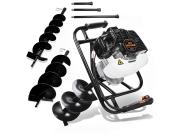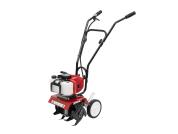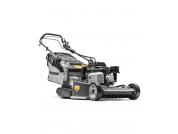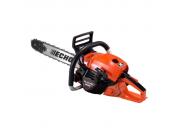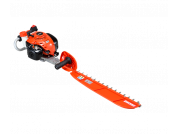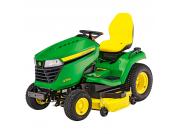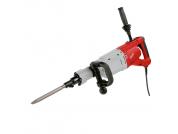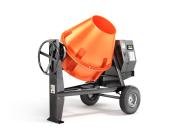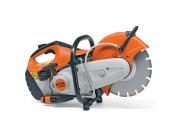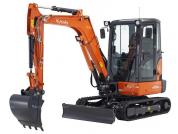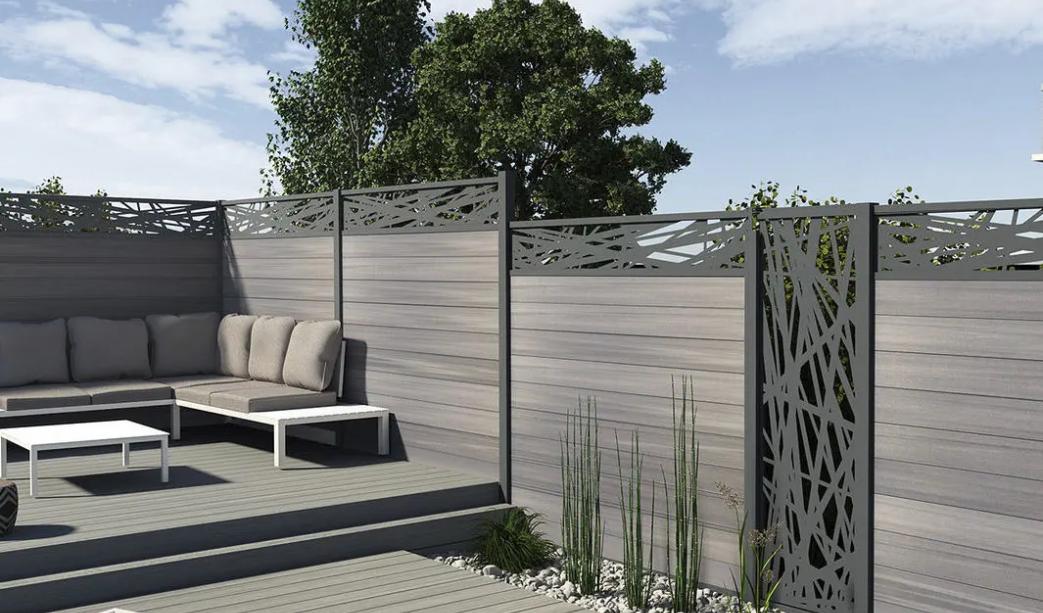
Would composite fencing be my best option or not?
There are a lot of different opinions about composite fencing out there. This can be quite confusing for someone who has never had any experience with composite fences before. This is a post that will clear out most of the confusion. After going through the necessary facts about composite fences, it should be much easier to make an informed choice.
What does composite mean?
Among the many fencing options, composite fencing is a manmade material that consists of both natural and artificial materials. Often called engineered wood, composite is mostly a mix of real wood and recycled plastic, giving it a few important characteristics from both materials.
Each company’s products use different ratios in their composite fencing. You might also be able to find a few companies selling woodless composite panels for fences, but at that point, it is difficult to confirm whether those products even qualify as composite fence panelling.
Is that true: composite fencing classifies as green material?
Often hailed as being the greener alternative to natural wood, composite certainly can be more eco-friendly than pure wood. Composite is indeed an eco-friendlier option than wood by default, since it does last a lot longer, and doesn’t need as many repairs as pure wood fencing does. This means that every composite fencing installed will save at least a few trees from needing to be cut down for repairs in their lifetime. That isn’t the full story though.
Make sure marketing does not override reality
Every manufacturer/seller will claim that they only deal in green composite fencing. We can’t confirm whether the products were really made from recycled plastic and sustainably sourced wood just by sight. There are, however, ways to differentiate claims from facts. For example, if a manufacturer is sourcing their timber in a sustainable manner, then they should have the Forest Stewardship Council (FSC) badge to prove it.
As it is with almost anything nowadays, it depends entirely on the actual practices of the manufacturer, rather than their marketing. The bottom line is that you should not just take their word for it. Instead, check for stamps of approval from recognized authority establishments that can confirm their claims. It is true that all composite fences will have a positive impact against deforestation in the long run but, ideally, they should not be a cause for deforestation to begin with either.
Composite vs Wood?
We have already covered why composite fencing is an eco-friendlier choice as compared to wood, so let us take a look at the wood vs. composite debate from a homeowner’s angle next.
- Composite fences are more durable and need less repairing because plastic keeps the wood from rotting as easily.
- Low maintenance and a longer life not only save trees but also the homeowner’s money down the line.
- Stacked composite fence panels are significantly easier to assemble, install, uninstall, repair, and/or replace
- Remains unaffected by moisture, insects, and other pests.
- Weathering takes a very long time to have any significant effect on composite fences.
- The colours do not fade easily.
- Maintenance requirements are minimal, and you can wash your composite fences with water, without having to worry about rot.
Despite all these advantages, you still need to be careful about buying composite products, because not everything being sold is equally good.
So how to decide?
Composite is an excellent material for fencing your or garden. But it has its small share of flaws as well. Just go through the following to know whether any of them are big enough to be dealbreakers for you:
- These cost more than softwood initially because composite is a premium fencing material with long-term savings to consider.
- Although composite can replicate the look of wooden fences, there will always be a noticeable difference between the two.
- Not all manufacturers can create high-quality composite panels that will offer all the benefits discussed.
It might not initially matter which material you choose. After installation, all fences look great. But what about the long term? Choose wisely after considering all the pros and cons, as well as how they might affect your home’s particular situation.


